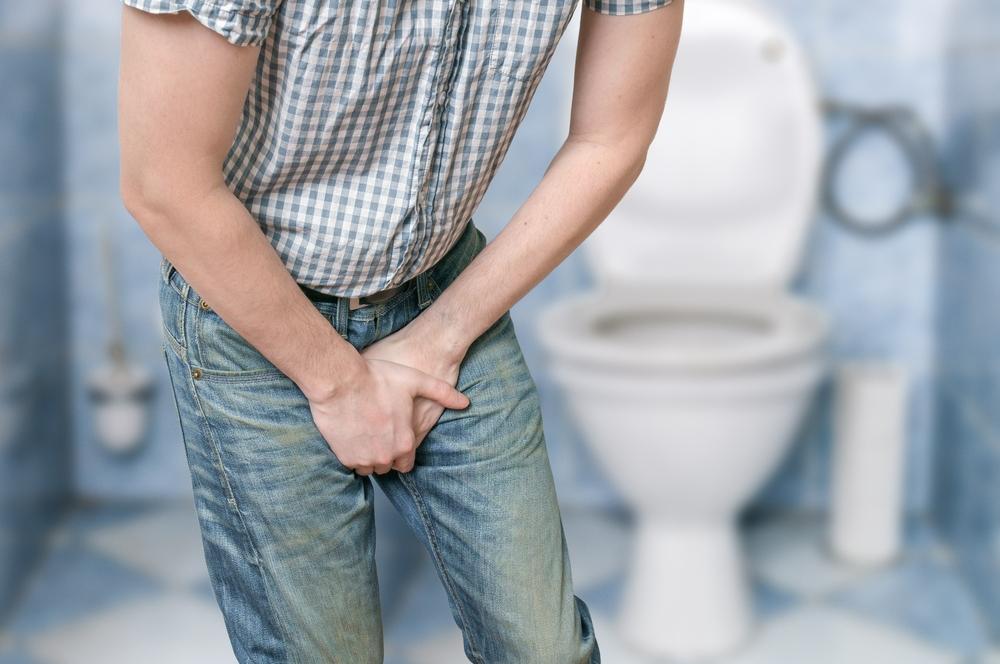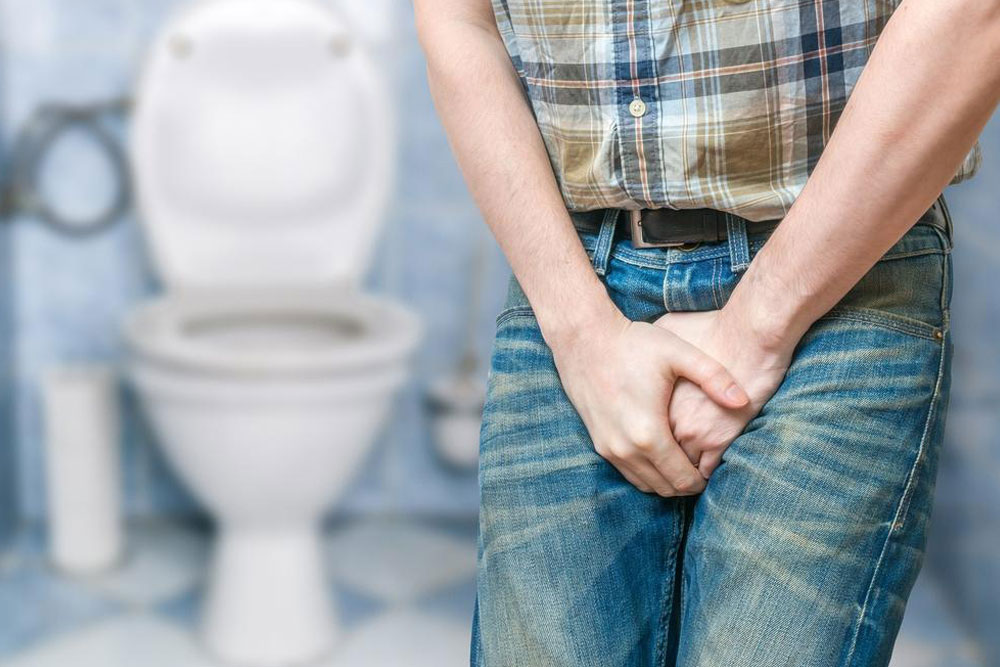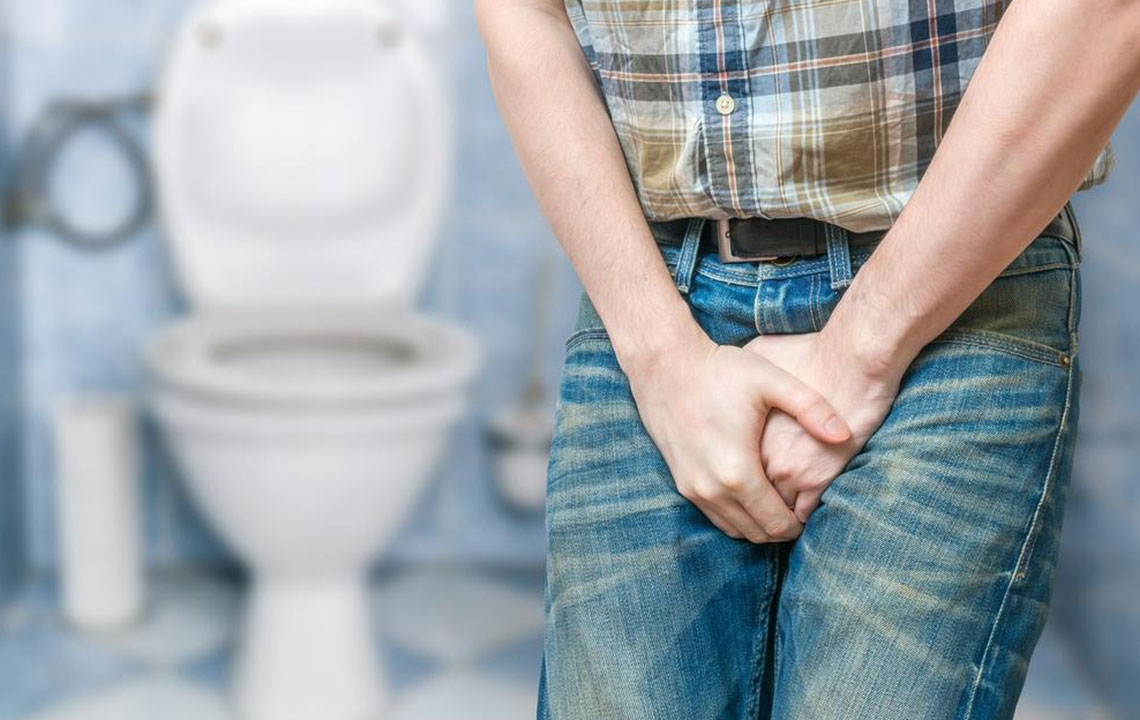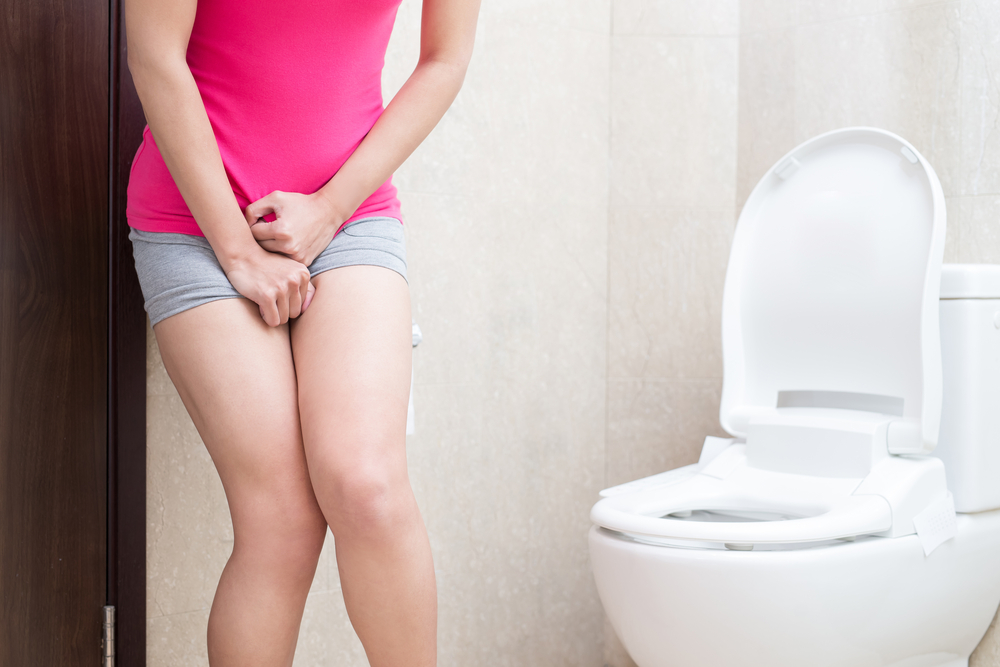Understanding and Managing Frequent Urination: Causes and Solutions
Frequent urination can be caused by various factors including infections, diabetes, or prostate issues. Managing lifestyle habits like fluid intake and pelvic exercises can help reduce symptoms. Persistent problems should be evaluated by a healthcare professional for proper diagnosis and treatment to ensure overall health and wellbeing.

Understanding and Managing Frequent Urination: Causes and Solutions
Most individuals typically urinate between 4 and 8 times daily. Urinating more often than eight times a day or waking multiple times at night may indicate an underlying health issue. Persistent frequent urination should not be overlooked, as it can affect quality of life and signal health concerns. Want to learn how to reduce frequent urges? Keep reading for insights and remedies to manage this condition effectively.
What is frequent urination?
Frequent urination is characterized by the need to urinate more often than normal, often disrupting daily routines and sleep patterns. While common, it may also indicate underlying health problems that require attention.
Your bladder can store about 600 ml of urine, but the urge to urinate often occurs when it contains roughly 150 ml—called ‘polyuria’ scientifically. Many individuals ignore this sensation, accepting frequent urination as normal. However, it differs from incontinence and can be a serious health concern. Factors like high fluid intake, caffeine, alcohol, or pregnancy can contribute to increased urination.
Other causes include anxiety, overproduction of urine, or bladder dysfunction.
Common Medical Causes:
Urinary Tract Infections: Bacterial infections inflame the bladder lining, causing it to release urine more frequently, even with small amounts stored.
Medications: Drugs for high blood pressure or other conditions may cause fluid retention or increased urine output temporarily.
Diabetes: Elevated blood sugar levels prompt the body to eliminate excess glucose via urine, leading to frequent urination.
Pregnancy: Hormonal changes and uterine enlargement exert pressure on the bladder, increasing urination frequency.
Bladder Disorders: Tumors, inflammation, or conditions like interstitial cystitis disrupt normal bladder function.
Prostate Issues: An enlarged prostate can press against the urethra, obstructing urine flow and irritating the bladder.
Overactive Bladder: Involuntary contractions cause urgent and frequent urination even when the bladder isn't full.
Additional causes include neurological conditions, kidney infections, or pelvic radiation treatments.
How to Control Frequent Urination:
Frequent urination can often be managed without medication through lifestyle modifications:
Urine Retention Training: Gradually increasing the time between urinations can help strengthen bladder control over weeks.
Kegel Exercises: Contracting and relaxing pelvic muscles enhances urinary control and reduces urgency.
Fluid Intake Management: Reducing excessive fluid consumption, especially caffeine, alcohol, and artificial sweeteners, can decrease urgency.
Most cases of frequent urination are manageable with these home strategies, but persistent issues should be evaluated by a healthcare provider. Medical intervention, including medication or further tests, may be necessary, especially if underlying conditions like diabetes are involved. Early consultation is advised if there is a family history or if symptoms worsen.
Disclaimer: Our blog offers valuable information; however, it is not a substitute for professional medical advice. Consult a healthcare professional for a proper diagnosis and treatment plan. Keep in mind that some health issues require medical attention and should not be self-managed if symptoms persist or worsen.










